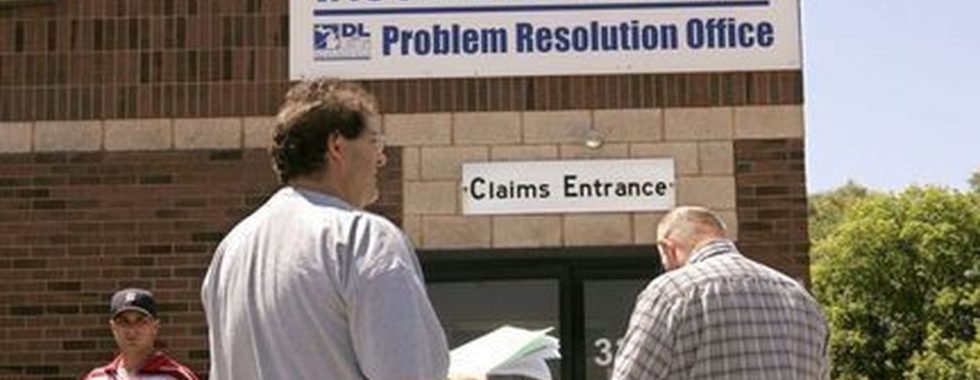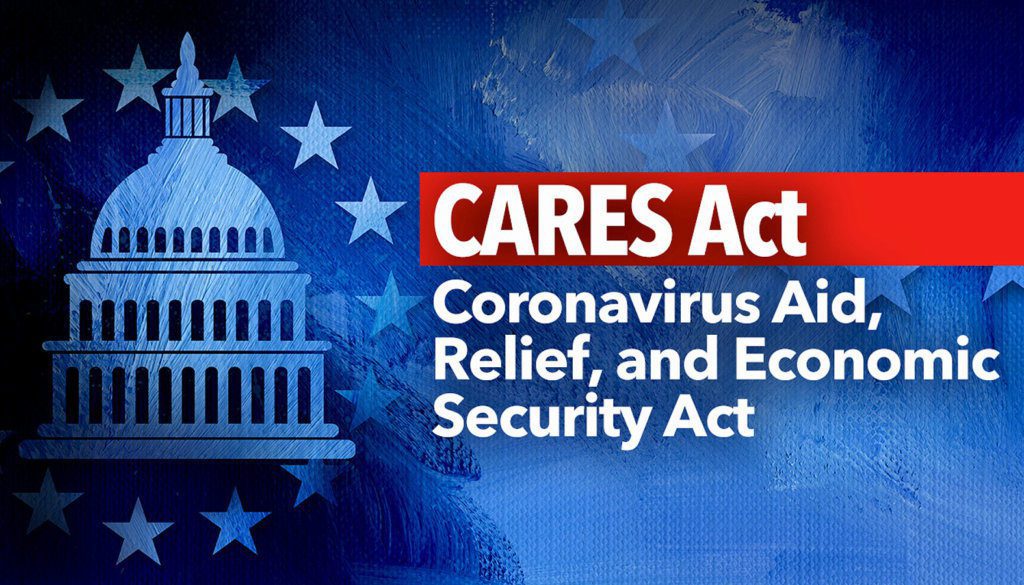
Can Contractors Collect Unemployment Benefits?
Generally, unemployment benefits were designed for employees (think W2) whose employers must pay state and federal into an unemployment insurance fund. But things have changed. Can Contractors collect unemployment benefits? Keep reading to find out.
Typically, self-employed independent contractors cannot collect unemployment benefits even though you pay federal taxes on yourself employment earnings. None of the federal taxes you pay for self-employment go to the unemployment insurance fund.
But, and this is important, that has changed (at least temporarily) because of the CARES Act. The CARES Act is the legislation passed by Congress to offer relief to American workers who were either directly or indirectly affected by the Coronavirus (COVID 19). Read on for the answer to Can Contractors collect Unemployment Benefits?
The Difference Between a Contractor and a Subcontractor
It’s important to understand how you are classified when you accept employment or even when you’re self-employed.
Contractors
When we think of contractors, we are typically referring to a licensed contractor who has created a business (an employer) and in most cases will hire a mix of employees and subcontractors or independent contractors. Ordinarily, managers, sales personnel, and office staff are considered employees of the contractor and receive a W2 form that reports wages, tax deductions, benefits, and retirement contributions.
Contractors also hire subcontractors and independent contractors which are typically have special skills that may or may not require licensing. The contractor can opt to hire these subs as employees (taxable) or independent contractors (not taxable.
How a contractor classifies its workers can impact the business as far as employment taxes, workers’ compensation premiums, and benefits (depending on the size of the company), but that would be a topic for a different article.
Sub-Contractors and Independent Contractors
A subcontractor can be a business or an individual or both. If the subcontractor becomes an employee of the contractor, then an employer/employee relationship is created and all taxes, workers’ comp requirements, and employee benefits come into play.
If the subcontractor is hired as an independent contractor, then the tax liability, workers comp requirements, and benefits are the responsibility of the subcontractor.
Freelancers
Although a freelancer and an independent contractor are the same in the eyes of the IRS, the construction industry considers freelancers to be self-employed people that are involved in marketing, sales, and customer acquisition.
Although the “Freelance” worker is relatively new to the workplace, over the last decade freelancers have grown to about 36% of the entire workforce and contribute about $1.5 trillion to the economy each year.
Coronavirus Aid, Response, and Economic Security Act (CARES Act)

I sometimes wonder if the feds think up a catchy acronym and then create a long name for the bills they create but I digress.
Recently, because of the Coronavirus Pandemic, subcontractors, independent contractors, and freelancers can now take advantage of the unemployment benefits that they’ve never had access to. Of course, you’ll have to qualify (it’s the government after all) in order to claim these benefits. But, as to the question, Can Contractors Collect Unemployment Benefits, it appears that yes, they can.
Here’s how it works. You must certify that you are entitled to benefits because of one or more of the following:
- You were diagnosed with COVID-19 or are have symptoms or are waiting on a diagnosis from a physician.
- Someone in your household has been diagnosed with COVID-19
- You are taking care of a family member with COVID-19
- You have to take care of a child that cannot attend a school that was closed because of COVID-19
- You cannot reach your place of work because of quarantine or advice of a health care provider to self-quarantine
- You have become a breadwinner after the head of your household has COVID-19
- You had to quit working as a result of COVID-19 or
- Your work location was closed as a result of the COVID-19 health emergency
The Unemployment Benefits provided by the Cares Act
The benefits that will be available to you will depend on the state you live in. However, as a result of the CARES Act, the maximum unemployment benefit was increased by $600 per week and will run through July 3. 2020.
The benefits provided in your state are also payable for an additional 13 weeks up to a maximum of 39 weeks.
How to apply for Unemployment Benefits provided by the CARES Act
If you are an affected worker, whether you’re considered an employee or independent contractor, you can apply for benefits through your state’s unemployment office.
If you have never applied for unemployment benefits or are unsure how to contact your state’s Unemployment Benefits office, click this link to contact the Department of Labor’s CareerOneStop office.
On the first page, you’ll find information about unemployment benefits that are available in your state and the steps you should take to apply.
What if I don’t Qualify?
If you discover that you don’t qualify for the CARES Act unemployment benefits, it’s still possible that you can get them.
Often times, employers are known to misclassify their workers. Typically, employers are motivated to classify an employee as an independent contractor to save money on employment taxes and workers’ compensation premiums.
Also, it can be confusing for employers because each state’s unemployment agency has established its own rules for determining if a worker is an independent contractor or an employee.
If you are denied unemployment benefits, don’t simply give up. You can do a little research by consulting this free legal website (NOLO.com) and make your determination on whether you should appeal your denial of benefits from your state’s unemployment agency. Additionally, if you feel you need legal representation in the matter, NOLO.com will match your case with an attorney experienced in employment law.
The Bottom Line
If you are self-employed and classified as an independent contractor, it’s important that you protect yourself, your business, and your tools and equipment from the everyday risks associated with being self-employed.
Here is What We Recommend
General Liability: Contractors General Liability will be the foundation of protection for your business. The coverage will respond if you or your employees are found liable for bodily injury, property damage, or have a products/completed operations complaint. The coverage also covers defense costs for your business to respond to any lawsuits brought by a third party.
Workers’ Comp: Many states will require contractors to provide workers’ compensation coverage for their workers before they can begin a project. Accidents will happen at the job site that can result in an employee becoming injured and missing work. Your workers’ compensation coverage will provide financial assistance for medical expenses and lost wages.
Surety Bonds: It’s very likely that your state will require you to be licensed before you can begin operations. Most states and customers will require contractors to offer a license or surety bond before you are allowed to bid on a job or begin working.
Commercial Auto: Typically, most contractors will have light and heavy vehicles that require commercial auto insurance to make certain their vehicles can be repaired or replaced in the event of an accident, vandalism, or theft.
Tool Coverage: Also known as Inland Marine Insurance, this policy will provide for reimbursement for expenses to repair or replace tools and equipment. Your tools represent an important part of your livelihood, so we always encourage carpentry contractors to consider this valuable coverage.
Get A Quote

